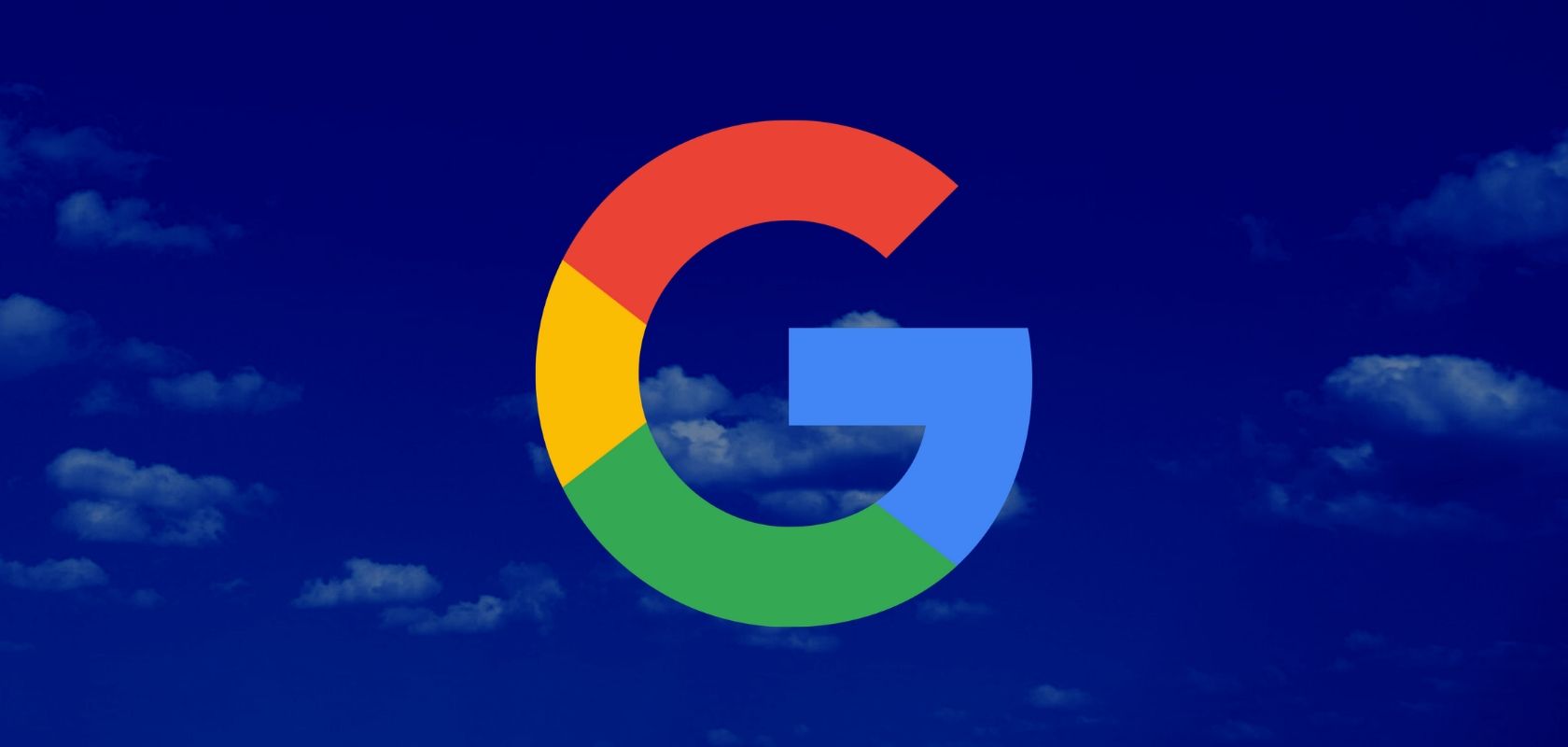Australia is one of the countries – along, notably, Germany – where traditional publishers are very eager to go after Google as, in essence, their unfair competitor, and miss no chance to go after the giant on those grounds.
In the US, the debate over whether social networks should be considered publishers is a complex and often heated affair, but under current rules, they are not: they are merely platforms who publish third-party content and are shielded from legal liability for it.
In Australia, they don’t seem to have those kinds of dilemmas, as the Supreme court in the state of Victoria issued a ruling saying that Google is indeed a publisher.
But the case was not brought by some publishing corporation: the definition appeared almost as a sidenote that emerged during George Defteros’ successful lawsuit, where he accused Google of allowing his name to show up in search results associating him with criminals.
Defteros is a lawyer who in 2004 had “gangland figures” among his clients, and wound up charged with conspiracy in the murder of several persons from the local underworld.
This is something that was covered at the time in articles published by The Age, and even though the charges were dropped the following year, more than a decade later, these articles and links continue to top Google’s search.
Not only was this a case of Google defaming the lawyer, the court said, but also threw the “Google is a publisher” qualification into the ruling.
And, the well-known and equally controversial in Europe “right to be forgotten” principle also seems to be appearing in some form in this Australian legal decision.
Google’s defense, as it often is, was that its search algorithms are basically autonomous entities – because they are automated. (The old question, of course, is automated by whom? And the answer: by Google. And, these algorithms are not only written once, but also often tweaked.)
But the giant said in its defense that it was “not an intentional communicator of words or images, particularly if a user clicked through to another website.”
However, Justice Melinda Richards was unimpressed as she awarded Defteros $40,000 in damage, and declared Google not to be “a passive tool” but a publisher of its search results, adding:
“It is designed by humans who work for Google to operate in the way it does, and in such a way that identified objectionable content can be removed, by human intervention.”












